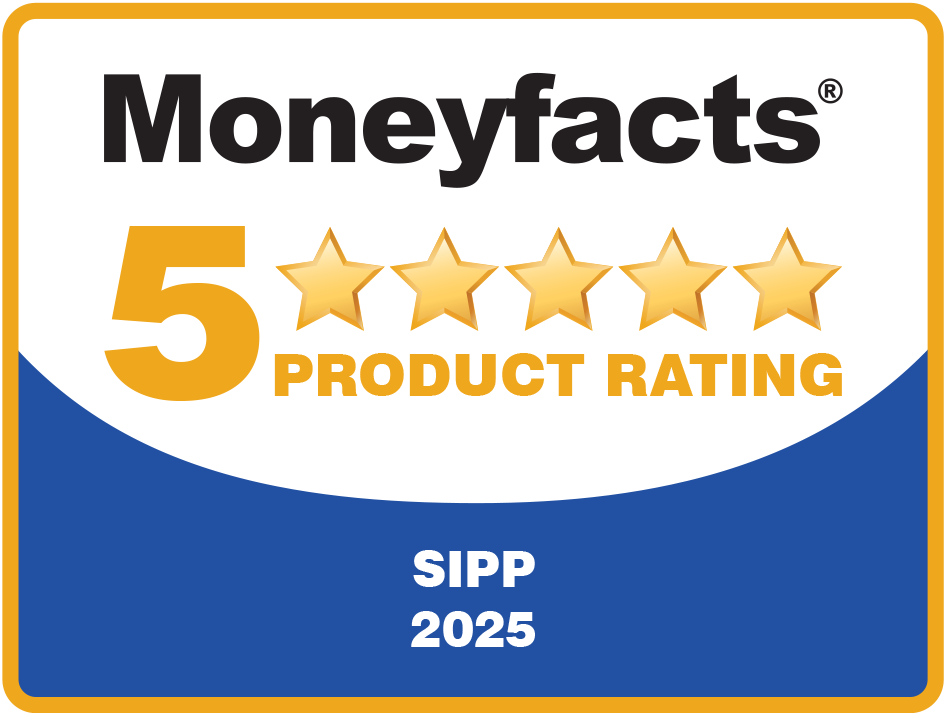Want to find the right SIPP provider for your client? Here are the questions you need to ask
This month, we planned to outline the questions you need to ask your SIPP provider before recommending them for your client. We didn’t put a number on it, as we feel there are lots! So, this article will include the most important questions from our long list.
But, as we were preparing this, another question kept recurring; what kind of SIPP are you looking for?
Before you can ascertain what questions you need to ask a SIPP provider, you should have an idea of the flexibility and level of service your client is looking for. This will then shape the direction your due diligence needs to take.
First, choose the right type of SIPP for your client
The SIPP market has thrived over the last ten years or so, with providers launching a range of SIPPs looking to appeal to different types of clients. While not exhaustive, you can normally split the different types of SIPPs available into three categories:
- Online SIPP – As the title suggests, these SIPPs are usually set up and administered via the provider’s website. Typically, these SIPPs are offered by investment houses which limit the investment flexibilities to their own platform/DFM etc. Often such SIPPs are low-cost and low maintenance.
- Single Investment/Reduced Investment SIPP – These SIPPs are offered by investment houses, insurance companies, and more traditional SIPP providers. These will usually operate reduced or limited investment flexibility in exchange for a lower annual administration fee.
- Full/Bespoke SIPP – Almost exclusively offered by dedicated SIPP providers, these SIPPs usually offer the full range of flexibility in terms of investments and how clients can draw benefits. These providers also will typically offer a more personal service and technical support you can call upon.
We think it is great that there has been such innovation in the market and there is now a solution that will meet each of your clients’ requirements. As you know, IPM operate in the full/bespoke SIPP space only and this is where we will continue to be.
The questions you need to ask a SIPP provider before recommending them to a client
So now you know what SIPP your client requires, what questions do you need to ask?
Of course, some questions will apply regardless of what type of SIPP you select – for example, what is the ownership structure of the provider?
However, if your client is looking to purchase a commercial property via a SIPP, some of the questions around service may differ from a client who is looking to invest solely on a platform.
Here are some of the key questions we think that you should ask a SIPP provider.
What is the ownership structure?
Most advisers want to set up SIPPs with providers who are going to continue to operate in the SIPP space. Consequently, understanding the ownership structure is important.
Firstly, if the company’s ownership has several outside interests, what are their long-term plans for the SIPP side of the business? Are all shareholders in it for the long haul? Do the shareholders have interests in any other companies which could impact the SIPP provider or pose a conflict of interest?
If the company is privately owned, what is the succession plan for the business should the key individuals retire, step away from the business, or wish to sell their share?
Is the provider making a profit?
Like most businesses, the financial pressures on SIPP providers can be significant.
So, it is not unreasonable for you to ask to see copies of abbreviated accounts for the last few years. This will give you an understanding of how the provider generates its income, how the business is run, and whether they are likely to remain in the market for the long term.
Most SIPP providers will offer this information these days, even if it’s via a due diligence document. Email us to request a copy of IPM’s latest due diligence document.
What is the provider’s capital adequacy position?
The FCA’s capital adequacy requirements for SIPP providers has increased significantly since 2016. Understanding how the business has dealt with this is a key point.
For IPM, the amount we must keep in reserve well exceeds seven figures. We meet this requirement through monies retained in the company, and our management team ensures that the amount held is far greater than our minimum requirement.
SIPP providers’ capital adequacy is calculated using the total value of assets within the scheme, with an additional formula for clients who hold a non-standard asset.
Therefore, a SIPP provider’s minimum requirement can fluctuate significantly, from the number of clients they take on board and the value of those SIPPs. For example, a provider can take on ten clients with SIPPs each valued at £20,000 while another provider can take on one client with a £500,000 SIPP and be expected to retain more capital.
So, some key questions to ask here are:
- What is the provider’s current position?
- How much in excess of their minimum requirement do they hold?
- Is their capital adequacy satisfied by profits retained in the company or supported by loans made to the company?
How many clients do you look after?
Asking about the number of clients a provider looks after compared to previous years is a good question to ask. This will give you an understanding as to the level at which (or not!) the provider is growing.
Bear in mind, however, that the answer to this question can lead you to several conclusions:
- Significant growth year-on-year – Great! The provider seems to have a popular offering that is delivering for their clients. But are they investing in their back office to maintain service standards? How are they meeting the increase in their capital adequacy requirements? Satisfactory answers to questions like this should give you confidence.
- Slight or little growth – Not all providers grow by thousands of clients a year. While that may be OK, understanding why this is the case is important. Perhaps the business model focuses on modest growth and client retention as opposed to growing significantly each year? It will be important to understand the profitability of the provider if this is the case.
- Client numbers have fallen – Again, there could be a good reason for this; the SIPP provider has sold a specific book of business, for example. But again, it is important to understand why this is the case as, if client numbers are consistently falling, you may need to ask further questions of the provider.
What investment flexibility do they offer?
By this point, you should already know what type of SIPP your client requires. However, understanding the flexibility offered by a provider when it comes to investments is still an important point.
For example, will the provider allow access to your preferred platform or are you restricted to a panel? Does the SIPP give you the flexibility to combine all the different solutions you want within it, like a platform, a trustee investment bond, and a third-party bank account?
You will also need to understand the impact that your investment decisions for a client have in respect of the fees levied. Some providers will levy fees per investment held in a SIPP or if the investment house chosen is on a pre-approved panel.
What fees are levied?
This can be a complex area, and something which we have previously looked at. A lot of the points we previously raised are still valid, however, when it comes to how this question fits in with your assessment of a SIPP provider, additional considerations need to be made:
- How simple is it to understand the provider’s charging structure? After all, advisers are the ones who then have to explain to their clients how these will work in practice!
- Lower annual fees may seem attractive, however, what other fees does the provider charge? For example, if additional fees are levied when money is moved from the trustee bank account, or to provide information, then not only can the total fees paid by the client quickly add up but they can never be certain what they will pay year-on-year.
- Have any of the key fees increased in recent years? Or are fees due to increase going forward? Regular fee increases could suggest something more fundamental going on with the provider’s finances, so could trigger additional questions from you.
What levels of service are provided?
The question of service is always a difficult one to quantify, as most providers will argue that they will provide a high level of service. However, there are still some areas to consider which are specific to SIPP providers.
When you have decided which type of SIPP is most appropriate for your client, you will know some of the questions you may need to ask. Online support will be more important for an online SIPP than it may be for a SIPP that will be purchasing a commercial property, for example. Saying that, all providers should now offer certain aspects of their support online these days.
Does your provider of choice still work to specific turnaround times? Do you have named points of contact within the provider that are able to assist you? Both will be useful in determining what kind of service you can expect.
Another area to consider now is social proof. Most businesses, not just SIPP providers, should have testimonials online backing up what the provider suggests they offer, alongside things such as Google reviews. Of course, there are also the industry awards and ratings which provide an indicator as to a SIPP provider’s offering.
Get in touch
There are many more questions you could probably ask when undertaking a review of SIPP providers, a lot of which may be specific to your business.
We’re always happy to answer any of your questions, to establish whether we’re the right provider for your client. Please get in touch by email at info@ipm-pensions.co.uk or call 01438 747 151.



